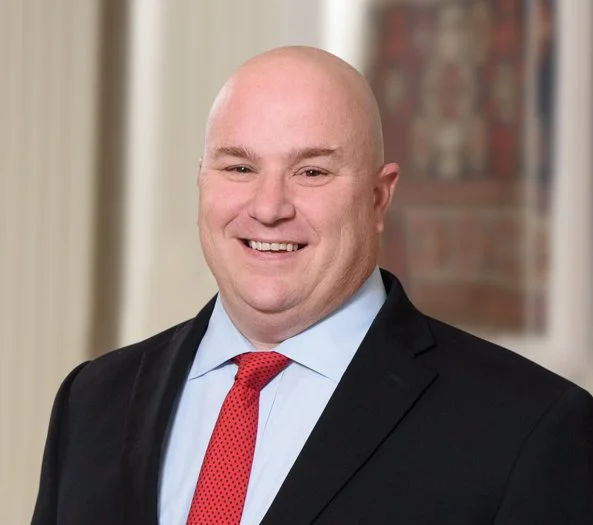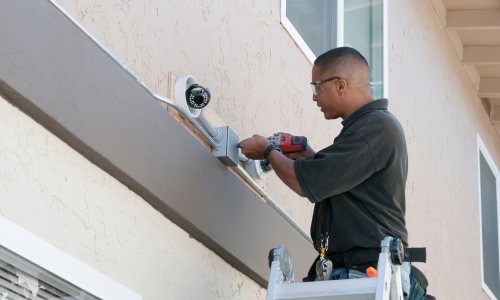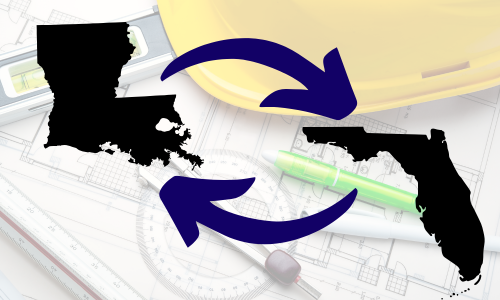
Court Reverses $86,000.00 Restitution Award Against Unlicensed Contractor
This case arises from a restitution order requiring an unlicensed contractor to pay a homeowner $86,000.00. The case explores the type of evidence required to support a restitution award.

Three Things to Consider When Qualifying an Additional Business
It is becoming more common for contractors to consider using their license with more than one business and becoming a qualifying agent for multiple companies. While this is legal when done properly, there are a three important considerations for any contractor considering serving as a qualifying agent for additional businesses. And each of these should be considered, discussed, and agreed upon by the parties before applying to become a qualifying agent so that any corporate entities can be properly established and agreements in place before the license is issued or work begins.

Using Your Contractor’s License With More Than One Business
In Florida, most people who have a contractor’s license operate through a business, usually a corporation or a limited liability company (LLC). And it is legal for a license holder to serve as a qualifying agent for more than one business. But like everything relating to a contractor’s license, there is a right to operate more than one business and a wrong way. In this article we’ll cover the right way, and some common mistakes contractors make in qualifying more than one business.

Three Ways to Get a General Contractor's License in Florida Using Your Georgia General Contractor's License
There are several ways you can obtain a Florida general contractor’s license using your existing Georgia contractor’s license without having to take an exam.

The State of Local Licensing in Florida
Since 2021, multiple statutes have been enacted and revised to eliminate most local licenses, while also expanding the availability of certain state-level contractor licenses. After four years of legislation, many of those changes finally took effect earlier this month, leaving some contractors without local licenses and without a lot of guidance on local licensing requirements.

Jason Lambert - Contributor
Jason Lambert is a Florida licensed attorney, Board Certified in Construction Law, who focuses his practice on representing and advising contractors, subcontractors, and material suppliers in the construction industry throughout the state of Florida. Before law school, Jason spent a decade working in the construction industry, primarily as a project manager and operations director for both new construction and remodeling. He also has experience in the wholesale and retail electrical, flooring, and countertop industries. Jason is the chief contributor to Hammer & Gavel’s articles and content.

Newly Created 489.1132, Florida Statutes, Creates New Regulations for Cranes and similar Equipment During Hurricanes
In response to recent natural disasters impacting Florida, on June 30, 2025, Governor DeSantis signed SB 180 into law. While the bill alters multiple statutes, relevant to this blog, it creates 489.1132, Florida Statutes, entitled “Regulation of hoisting equipment used in construction, demolition, or excavation work during a hurricane.”

Court Determines Contractor’s Company is Unlicensed Despite Owner being Licensed
This case from Florida’s Fifth District Court of Appeal thoroughly evaluates the licensing requirements for business engaged in contracting in Florida and concludes that it is not sufficient for an owner of the company to have a license. The license holder must also formally become the qualifying agent for the company. In this case, the lack of proper licensure resulted in the contractor’s contract for a new home being declared unenforceable.

Newly Enacted HB 683 (2025) Expands Scope of Work That Can Be Performed by Certified Alarm System Contractors Under Chapter 489, Florida Statutes
While HB 683 (2025) modifies several statutes that apply to the construction industry, from a licensing perspective, it updates the definition of a Certified Alarm System Contractor to expand the scope of work that can be performed by those contractors.

Newly Enacted HB 715 / SB 1076 (2025) Imposes New Requirements on Roofing Contractors Under Chapter 489, Florida Statutes
Since 2019, roofing contractors have seen new requirements and changes to their scopes of work imposed under Florida’s contractor licensing statutes. Many of these changes require contractual disclosures and impose various timelines, including cancellation deadlines. On May 19, 2025 HB 715 (formerly SB 1076) was signed into law by Governor DeSantis. The new law creates multiple changes to Chapter 489, Florida Statutes, that effect roofers.

Florida’s Ten-Year Licensing Option for Out-of-State Electrical Contractors
Learn more about Florida’s licensing laws that allow an electrical contractor that has been licensed for at least 10 years in another state to get the same type of license in Florida without taking an exam.

Florida’s Ten-Year Licensing Option for Out-of-State Contractors
Learn more about Florida’s licensing laws that allow a contractor that has been licensed for at least 10 years in another state to get the same type of license in Florida without taking an exam.

Court Reverses Judgment in Favor of Contractor After Determining Contractor Was Unlicensed.
This case from Florida’s Third District Court of Appeal addresses Florida’s statute declaring that contracts entered into by unlicensed contractors are unenforceable.

Court Reinstates Contractor's Lien After Holding that Claimed Local Licensing Violations Do Not Necessarily Fall Under 489.128, Florida Statutes
Florida’s Fourth District Court of Appeal reinstated a contractor’s construction lien after finding that alleged unlicensed contracting in violation of local ordinances did not trigger the application of 489.128, Florida Statute. The court does a good job of outlining the differences between state and local licensing laws and the penalties and scope of enforcement available at the state and local level.

Court Confirms that Electrical Contractors can Perform Excavation As Part of Their License Without Also Being Licensed Underground Utility Contractors
This case from Florida’s Fourth District Court of Appeal addresses the issue of whether an electrical contractor can contractor for work that includes the scope of work typically reserved to licensed underground utility and excavation contractors.

Newly Enacted HB 481 (2024) Expands Scope of Electrical Work That Can Be Performed by HVAC Contractors
The new statute goes into effect July 1, 2024 and allows HVAC contractors of any class and Mechanical contractors to perform additional electrical work related to HVAC systems under certain conditions.

New Law is Just the Latest Set of New Requirements for Roofing Contractors in Florida
The new statute goes into effect July 1, 2024 and imposes new requirements for roofing contracts with residential property owners. Failing to comply could subject contractors to $10,000 fines.

Florida’s Licensing Reciprocity Agreements with Mississippi
In August 2022, Florida and Mississippi entered into reciprocity agreements with each other that allow certain types of contractors with a license issued by one state to obtain a similar license in the other without having to take the full trade exam.

Florida’s Licensing Reciprocity Agreements with North Carolina
In March 2022, Florida and North Carolina entered into reciprocity agreements with each other that allow certain types of contractors with a license issued by one state to obtain a similar license in the other without having to take the full trade exam.

Florida’s Licensing Reciprocity Agreements with Louisiana
In June 2021, Florida and Louisiana entered into reciprocity agreements with each other that allow certain types of contractors with a license issued by one state to obtain a similar license in the other without having to take the full trade exam.
